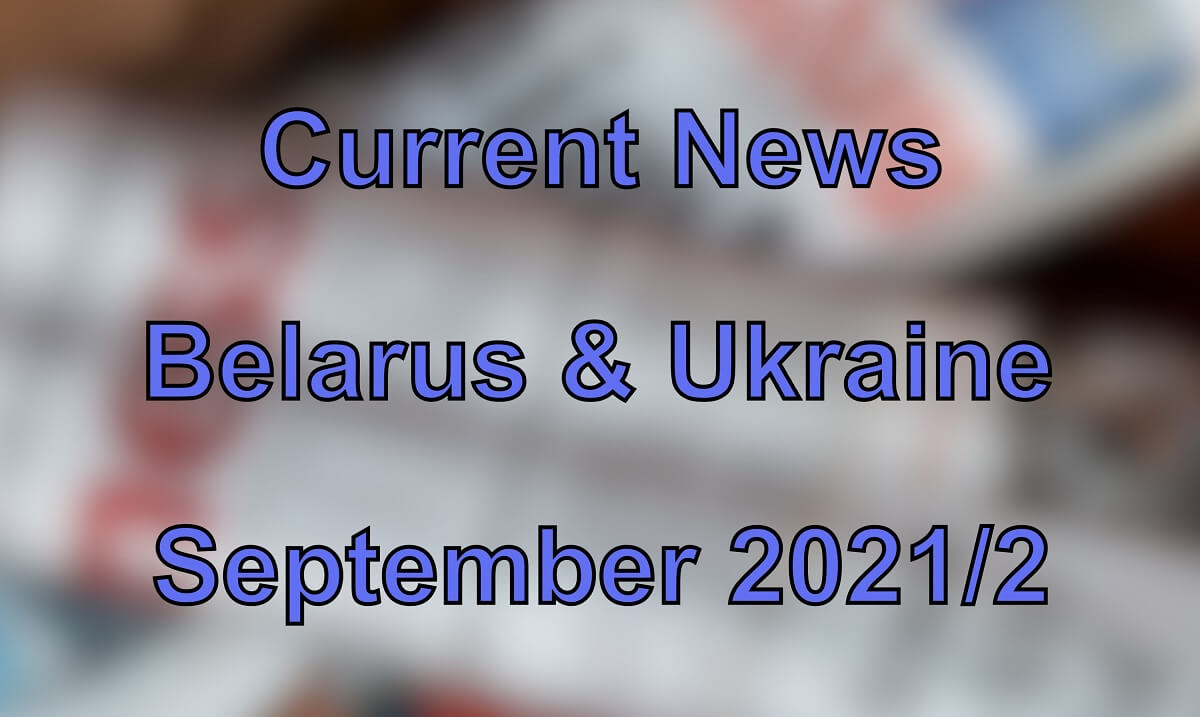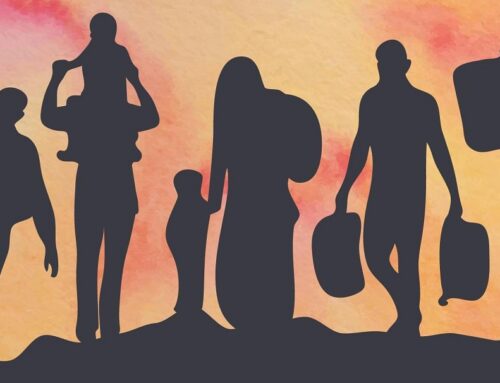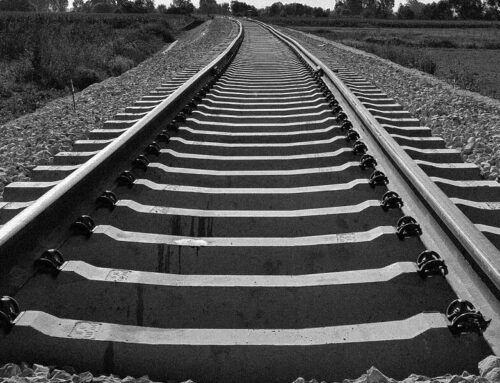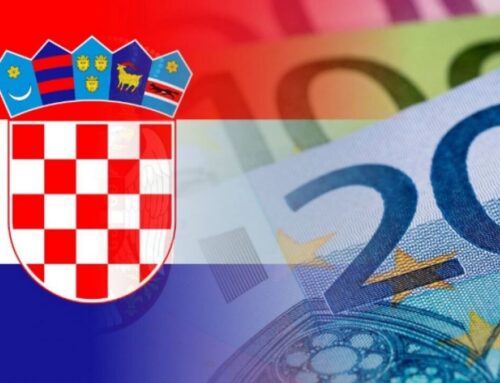Belarus
September 6. Two leading Belarusian opposition activists Maria Kolesnikova and Maxim Znak have been sentenced to extensive prison terms.
Maria Kolesnikova, who was one of the leaders of mass protests that sparked in Belarus over the highly disputed 2020 presidential election, was sentenced to 11 years in prison, while lawyer Maxim Znak received 10 years.
They joined an opposition council after the election, which President of Belarus Alexander Lukashenka claimed to win. According to the prosecution, the council is accused of trying to stage a coup.
Belarusian opposition leader Svetlana Tikhanovskaya posted about their sentences and demanded their ‘immediate release’ stating that Kolesnikova and Znak ‘are not guilty of anything’.
Tikhanovskaya’s adviser Viacorka posted a video of Kolesnikova and Znak in handcuffs and jailed in a courtroom in which Kolesnikova smiled at the cameras. In his view, it was in part a message to continue fighting. During the trial, smiling and making a heart sign with her hands in the courtroom became one of Kolesnikova’s ‘trademarks’.
September 8. Belarus plans to suspend a migration deal with the EU amidst the current border crisis.
According to the current agreement that was signed in 2020, notably before the August election, Minsk would take back refugees that entered the EU via Belarus if they violated the conditions of their stay.
But President of Belarus Alexander Lukashenka is now considering suspending such an obligation and submitted a respective draft law to parliament. ‘The document was prepared by the Government as part of measures in response to the unfriendly actions taken by the EU and its member states towards Belarus,’ the statement read.
The EU has condemned Belarus’s use of migrants and refugees to exercise pressure on its European neighbours. Previously, due to the influx of illegal migrants Lithuania declared a state of emergency at its border. The same measure was applied by Poland in two border regions.
September 9. Russia and Belarus are on the way to deeper economic integration.
Russian President Vladimir Putin and his Belarusian counterpart, Alexander Lukashenka, signaled plans to deepen ties between Russia and Belarus. Meeting in Moscow, the two presidents approved all 28 integration programs or so-called roadmaps. The areas that the roadmaps cover are the integration of currency systems, the principles of levying indirect taxes, the fight against terrorism, and on the pricing of Russian energy sources. Moreover, Russia agreed to provide Belarus with about $630 million in new loans to set up a single market for natural gas that would help Belarus to keep its energy costs in check.
An important point of the current negotiation was its focus on the economic side first leaving political questions aside.
Plans for greater integration between Russia and Belarus have been under consideration since 1999 when the two countries signed a Union State treaty. It foresaw not only greater economic integration, but a unification of the two countries’ governments and their parliamentary and judicial systems. Among other things, a supranational budget and common currency were widely discussed. However, until now, the negotiations were stalled by Lukashenka worrying about Belarus being absorbed by Russia.
September 10. Russia and Belarus launched large scale military exercises Zapad-2021.
According to the Russian Defense Ministry, the joint drills will involve up to 200,000 troops, 760 tanks and multiple launch rocket systems, as well as 80 aircraft and 15 warships. The exercises continue until September 16.
Belarus will host 12,800 troops, including 2,500 Russian soldiers, 350 tanks and weapons systems and 30 aircraft.
Russia’s Defense Ministry said that ‘the objectives of the exercises are to check readiness levels and the Belarusian and Russian military command bodies’ ability to jointly ensure military security and territorial integrity. Also, it will be used to train commanders and staff to manage troops repelling ‘aggression’ against the Union State — a mode of integration and cooperation between Russia and Belarus.
The prime minister of Poland described Zapad-2021 as ‘the biggest military exercises in 40 years’.
Some have compared Zapad-2021 to another military drill that was conducted by the USSR in 1981 to pressure the Polish leadership dealing with public unrest, which resulted in the imposition of martial law and crackdowns on opposition figures. Zapad-1981 was the largest Soviet military exercise in its history, involving 100,000 to 150,000 troops.
Ukraine
September 10. Ukrainian President Volodymyr Zelenskyy said there is a possibility of an all-out war with Russia.
The comment by Zelenskyy was made at the Yalta European Strategy summit in Kiev in response to a question asked by a moderator of the meeting.
‘This is the worst thing that there can be, but unfortunately there is such a possibility’, Zelenskyy said. He added that ‘all-out war would be the biggest blunder on Russia’s part and it is not unlikely as the danger is reaching a point of no return’.
Relations between Russia and Ukraine seriously deteriorated after 2014 due to the annexation of Crimea and the ongoing Donbas conflict between Ukrainian forces and pro-Russian separatists.
September 12. Czech authorities arrested a Russian citizen on an international warrant issued by Ukraine.
The arrested is identified as Alexander Frannchetti who is wanted by Kyiv for his alleged involvement in Russia’s 2014 annexation of Crimea. According to RFE/RL, Franchetti was an active participant in the events in Crimea in 2014. He is known for creating a paramilitary formation called North Wind, which helped seize power lines and gas pipelines.
In one of his interviews, he mentioned that he coordinated his actions with Russia’s naval command at the Crimean port of Sevastopol.
Franchetti, supposedly, has been living in the Czech Republic since 2000, working as a fitness trainer. He says he has never violated international law.




